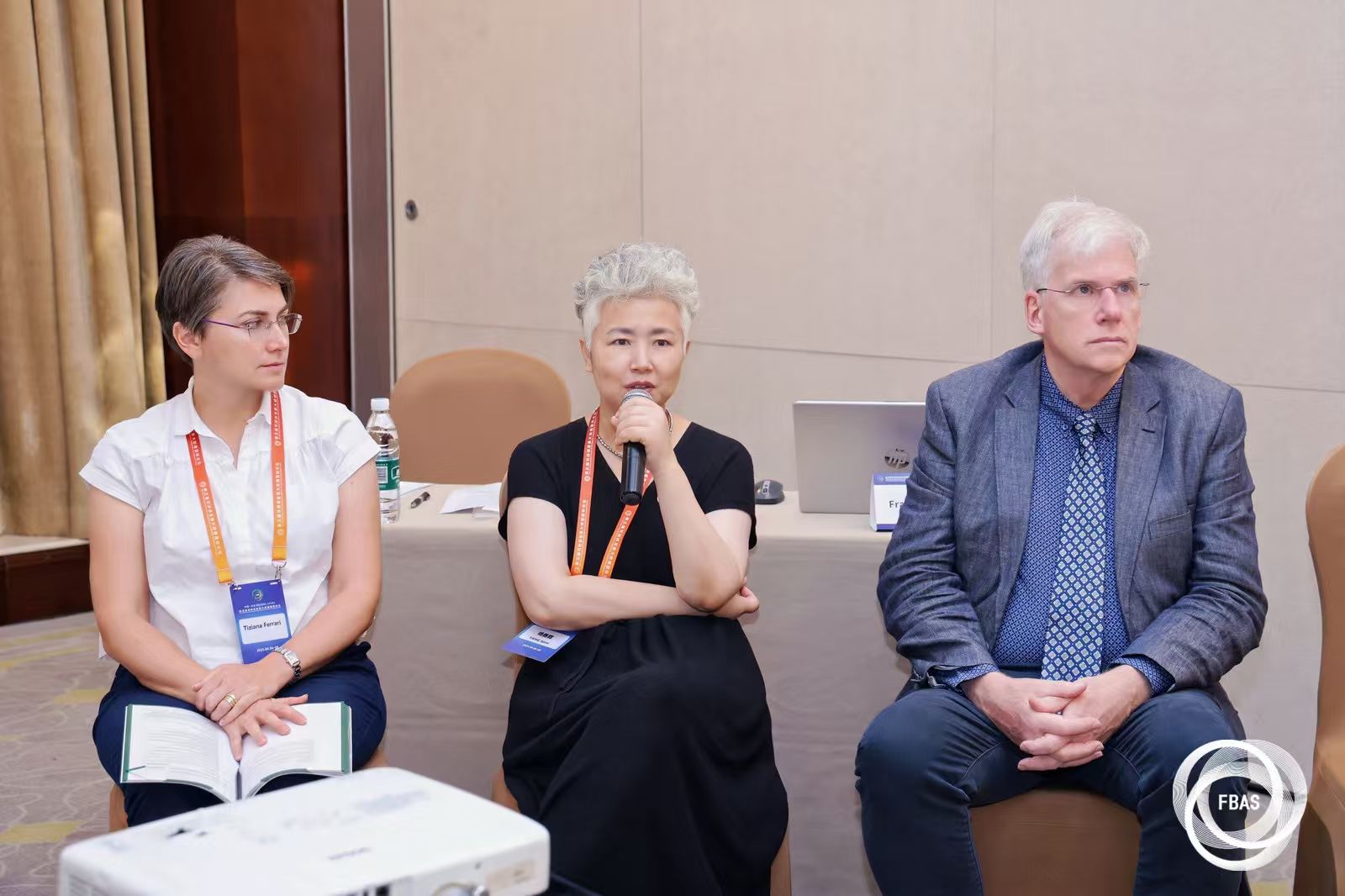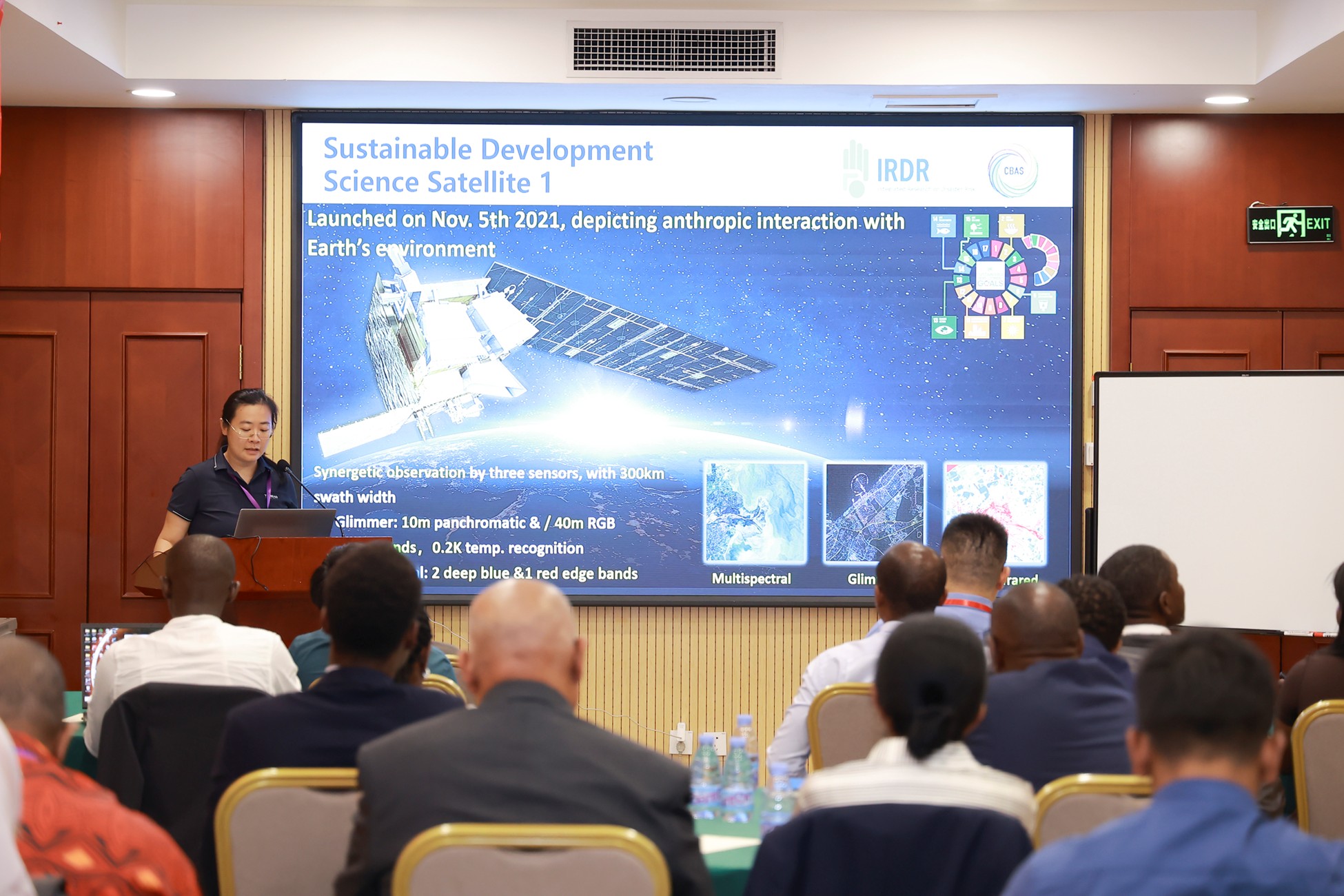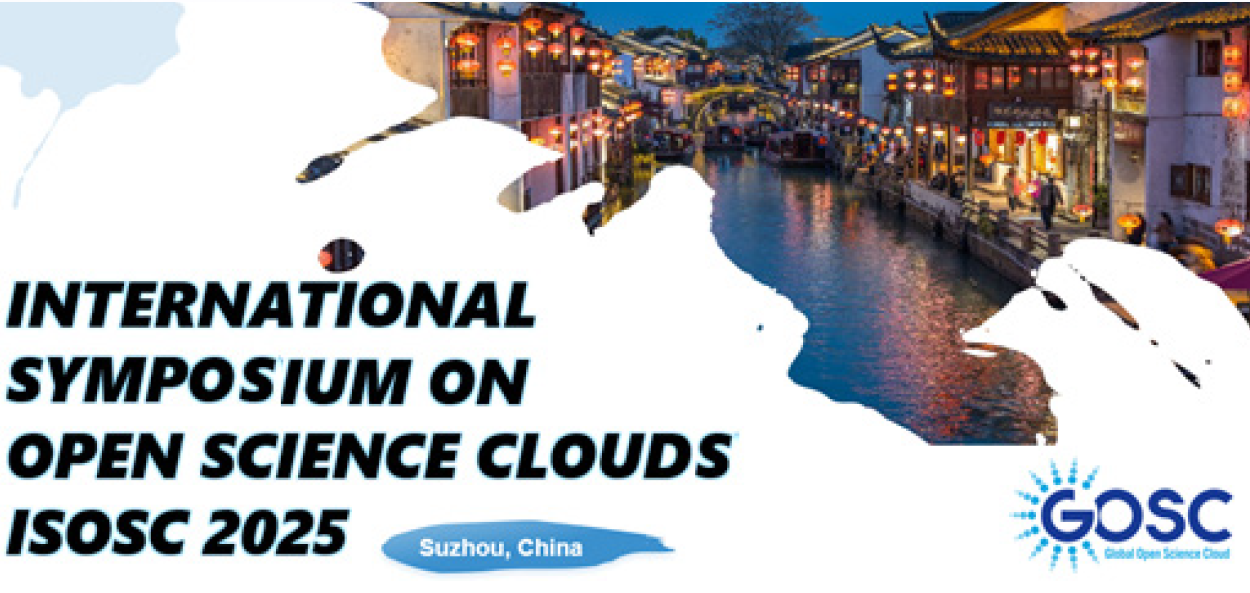Photo Source: https://www.healtheuropa.eu/disaster-medicine-healthcare-humanitarian-crisis/85445/
IRDR Scientific Committee is working with International Science Council (ISC) and United Nations Office for Disaster Risk Reduction (UNDRR) on a new Global Research Agenda on DRR, which will be adopted during the IRDR 2021 Conference in June 2021.
The main purposes of the Pre-sessions of the conference are to give timely input into the Global Research Agenda and for different stakeholders to serve as part of the consultation process. Inputs are particularly sought from the perspectives of regional and national needs and dynamics, and the interests from special fields of research or groups, to make suggestions and recommendations for implementation of the new research agenda.
From April 19, 2021 to May 21, 2021, IRDR 2021 Conference has conducted six pre-sessions from IRDR NCs, ICoEs and IRDR partners. On 9 June (DAY2 of IRDR 2021 Conference), all the Pre-sessions will present their reports and expect further discussion.
Below are some highlights of the pre-sessions:
Pre-Session 1 (April 19), hosted by Collaborating Centre for Oxford University and CUHK for Disaster and Medical Humanitarian Response and IRDR ICoE CCOUC, focused on the impact and application of the WHO Health-EDRM framework within the scope of COVID-19. It points out the importance of integrating societal and bevioural aspects in disaster risk assessment, especially as Biological hazards have entered into non-linear transition and threatened vulnerbale populations. It labels two priorities in the IRDR global research agenda: the first one being inspring research that better understands the complexity of interconnected risks and implementing effective systematic approaches to address them; the second one being enhancing interdisciplanary collaborations between non-traditional stakeholders, notably media, together with traditional stakeholders. It also suggests for three major research priorities: reconceptualizing evolution of risks, improving information dissemination mechanisms, and leveraging community participation and leadership.
Pre-Session 2 (April 26), hosted by IRDR ICoE RIG-WECEIPHE, gathered a line-up of experts to discuss insights pertaining to climate change and one health. After presentations on their respective research progress, the experts exchanged ideas centered on 5 focuses on climate change and one health: their linkage, the research gaps in this field, the research priorities, multistakholder collaborations, and better governance. The outcome of the discussions include: increasing investigations on low-probability/unknown/new emerging risks, better steering and implementing mainstreams of the global research agenda and linking it with other global agenda, and adopting a "one health" approach that is collaborative, multisectoral, transdisciplinary and adaptive at multiple levels to build a resiliant global community.
Pre-Session 3 (May 6) was organized by Alliance of International Science Organizations on Disaster Risk Reduction (ANSO-DRR). This is an indoor consultation meeting participated by members of ANSO-DRR Steering Committee. One of the key points they provided is that a new research agenda is needed to reflect the lessons we have learned from the pandemic during last 2 years. Previously, the disaster science paid more attention to natural hazards, such as flood, fire and earthquake. COVID-19 has reshaped such risk landscape, bringing public health a more prominent role in the near future.
Pre-Session 4 (May 7) was also The SEADPRI Forum 2021 organized by IRDR ICoE-SEADPRI-UKM, UNDRR Asia Pacific Science Technology Academia Advisory Group (AP-STAAG) and Asian Network on Climate Science and Technology (ANCST). The forum's theme is Risk Science for Resilient Cities - From Concept to Action, and it was served to promote understanding of risk science and the regional risk landscape in a changing climate. The forum identified several key priorities in order to build resiliant cities. They include advancing extreme weather science, fostering long-term urban health, developing sustainable urban-rural linkages, understanding social and demographical changes, and utilizing opportunities to deploy technologies. To implement actions, the forum underlines the imporance of education and the power of the youth, and suggests for approaches to better unleash the potential of young professionals.
Pre-Session 5 (May 20), organized by IRDR NC Japan, focused on promoting coherence among disaster risk reduction, climate change adaptation, and sustainable development. The session concluded three proposals for the new DRR Research Agenda: 1) Increasing coherence among DRR, CCA, and SDGs using an Online Synthesis System (OSS), 2) Improving local or "on-site" implementation with the locals/stakeholders, 3) Establishing stronger roles of the science communities to cope with new emerging risk landscape at global level. To implement the agenda, the session also calls for UN/international agencies and international aid agencies to establish a system to assist countries to raise awareness on the above, and develop and manage the information base in the context of improving quality and effectiveness of assistance in DRR and Environment/Development fields.
Pre-Session 6 (May 21) was organized by IRDR ICoE for Risk Education and Learning (IRDR ICoE-REaL) and hosted by PERIPERI U and its partners, which centered on the perspectives from Africa. During the session, local professionals identified key challenges of DRR in Africa, such as lack of investment in technologies, lack of capacity among institutions and researchers, and poor governance, and more. These systematic barriers keep DRR and climate change adaptation away from the region's priority. In response to these challenges, the session proposes three research priorities: 1) raising research capacity and capability through enhancing fundings and training opportunities, 2) conducting more locally relevant researches which not only focus on developed areas/nations in the region but also are more accessible to the public and the vulnerables, and 3) greater investments in policy relevant research that assist local policy makers to generate more informed and incorporative decisions.
The background and outputs of all these Pre-sessions can be downloaded at the Conference Website. The insights from IRDR Community have been contributed to the Global Research Agenda.






